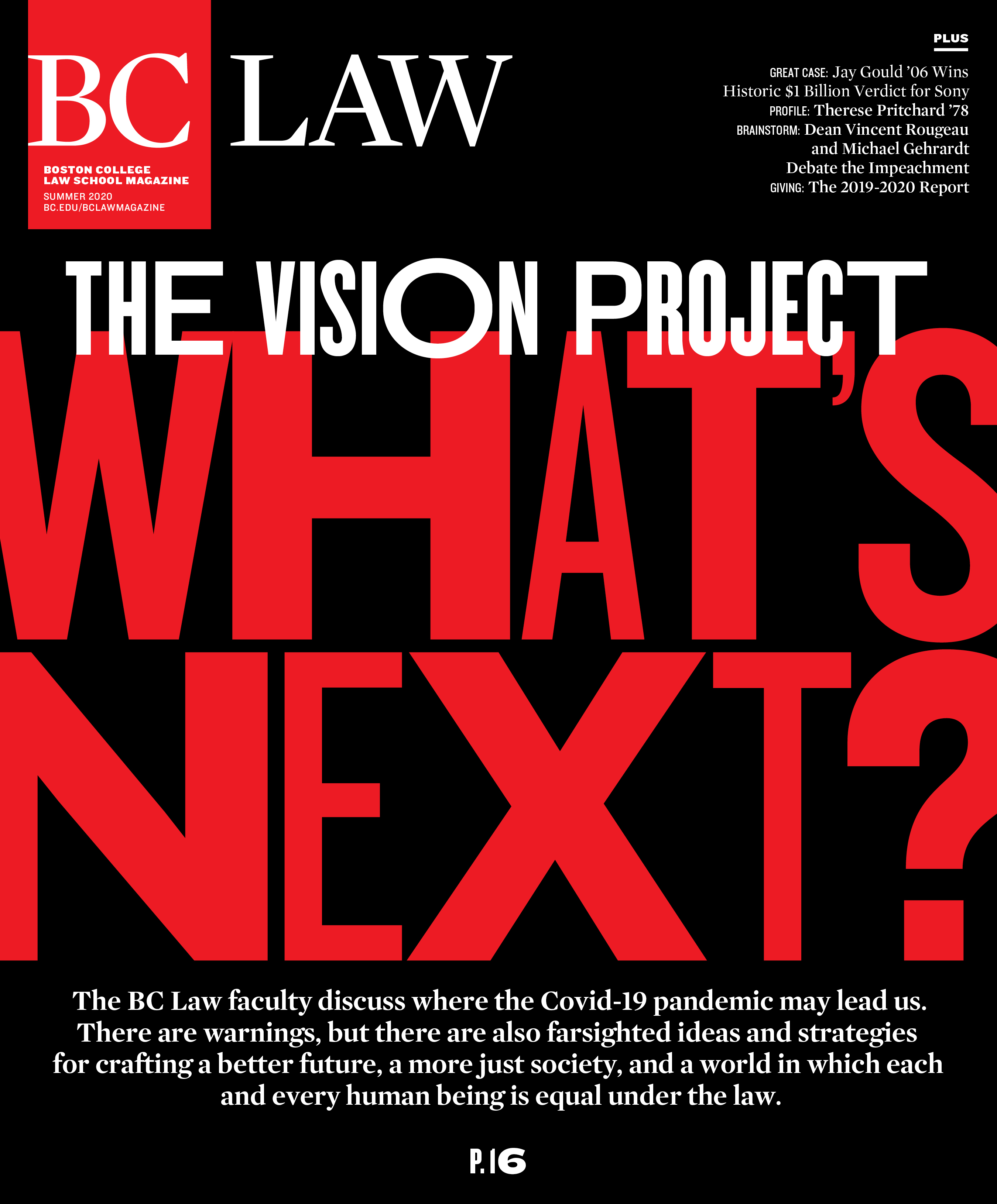
Covid-19 exposes the rising pathology of populism, with its hostility to international institutions and, more broadly, expertise of any kind. This is the central threat to international law and institutions nowadays. We are living in an era of epistemic fragmentation, where the diversity of media sources—traditional, social, and other—has led to polarization and a sense of “I know better.”
Epistemic fragmentation obscures what should be obvious: A global pandemic needs a global response. The World Health Organization (WHO) must be integral to such an effort. Unfortunately, rising populism means hostility to the WHO and other global institutions. The WHO may not have responded to Covid-19 perfectly, but it should not be ostracized. Our US obligation is to lead institutions like the WHO, not undermine them, as we have elected to do by setting a withdrawal date of July 2021.
The pathology of epistemic fragmentation has also hobbled our domestic response to the pandemic. Dr. Anthony Fauci says he worries when he hears that a third of Americans would not want to be vaccinated once a Covid-19 vaccine becomes available. This sort of suspicion of expertise and institutions does not bode well for groups like the WHO, which are more removed from the lived experience of many of us than our domestic public health agencies but nonetheless play a vital role in protecting the health of people worldwide.
I hope that reality will cut through our misapprehensions about the pandemic, the way the murder of George Floyd alerted more people to the pathologies of systemic racism and policing in America. Some US governors may have played fast and loose with the facts regarding Covid-19’s contagiousness, but with the virus spreading rapidly the facts will be increasingly harder to deny. Perhaps the utility of international law and its institutions will similarly become more evident in this time of crisis.
To read other pieces in this issue’s The Vision Project, click here.



